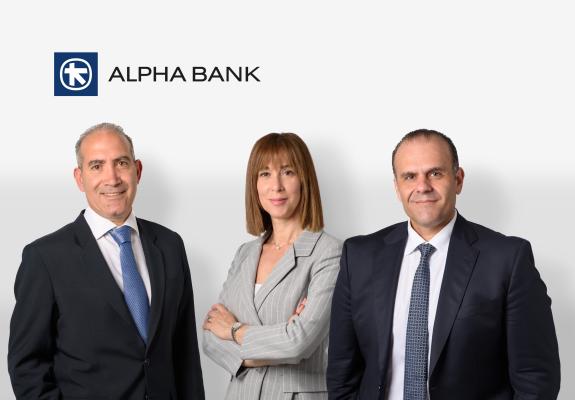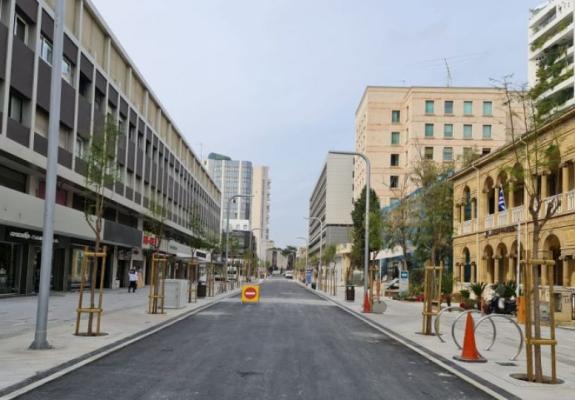A Sad, Unfair, and Biased Amendment
It is incomprehensible to channel more public funds into the football industry without first addressing its endemic corruption.
The influence of special interests on developments in Cyprus is undeniably evident. A series of recent initiatives highlights this reality.
The country’s two public universities, consistently ranked as the best in international evaluations, have been without foreign study programs—programs their competitors have been offering generously for years.
The e-kalathi, a tool aimed at boosting competition in supermarket goods and food prices, has been under discussion for almost two years without any results. What could have been a beneficial tool has turned into a farcical spectacle.
The framework governing contracts for major public works projects remains unchanged, despite glaring failures that continue to accumulate, exposing institutions, firms, and individuals alike.
Similarly, progress on transparency and the rule of law is moving at a snail’s pace. These are essential reforms needed to propel Cyprus forward. Without them, no amount of rebranding or public relations strategies can address the root causes of the country’s problems, leaving its vulnerabilities wide open.
Even in the energy sector, vested interests have fiercely resisted efforts to end Cyprus's energy isolation, ensuring the country remains beholden to domestic energy gatekeepers.
Unsurprisingly, special interests have also extended their reach into the beleaguered domain of football. Direct and indirect pressure has been exerted to increase state funding for the black hole of heavily indebted football clubs. This is a lamentable development—blatantly unjust and tailored to benefit specific entities.
>>Increased Betting Revenue Allocation for Football Clubs Approved<<
The state of professional football in Cyprus is notorious. Courtrooms have seen countless cases, with even more complaints gathering dust in filing cabinets. Undoubtedly, new controversies will emerge in due course. A journalist was even denied participation in a scheduled award ceremony because their reporting on corruption did not sit well with certain individuals.
It is incomprehensible to channel more public funds into an industry without first addressing its endemic corruption. The state’s priorities should not revolve around funneling taxpayer money into tax-delinquent clubs. The state’s leniency and favoritism toward these unpaid debts is an obvious injustice. After all, this preferential treatment runs counter to the public interest.
Is the increased tax on betting, which will serve as the source of additional funding for football clubs, a major problem? Not particularly.
However, there is a significant distinction between using these funds to support sports infrastructure, public athletic spaces, programs to empower athletes, amateur teams, and initiatives promoting sports and fair play among children and adolescents—and spending them to bail out clubs that have repeatedly failed to manage their debts.
After all, why should they? In three or four years, the state might once again decide to allocate even more money their way.






